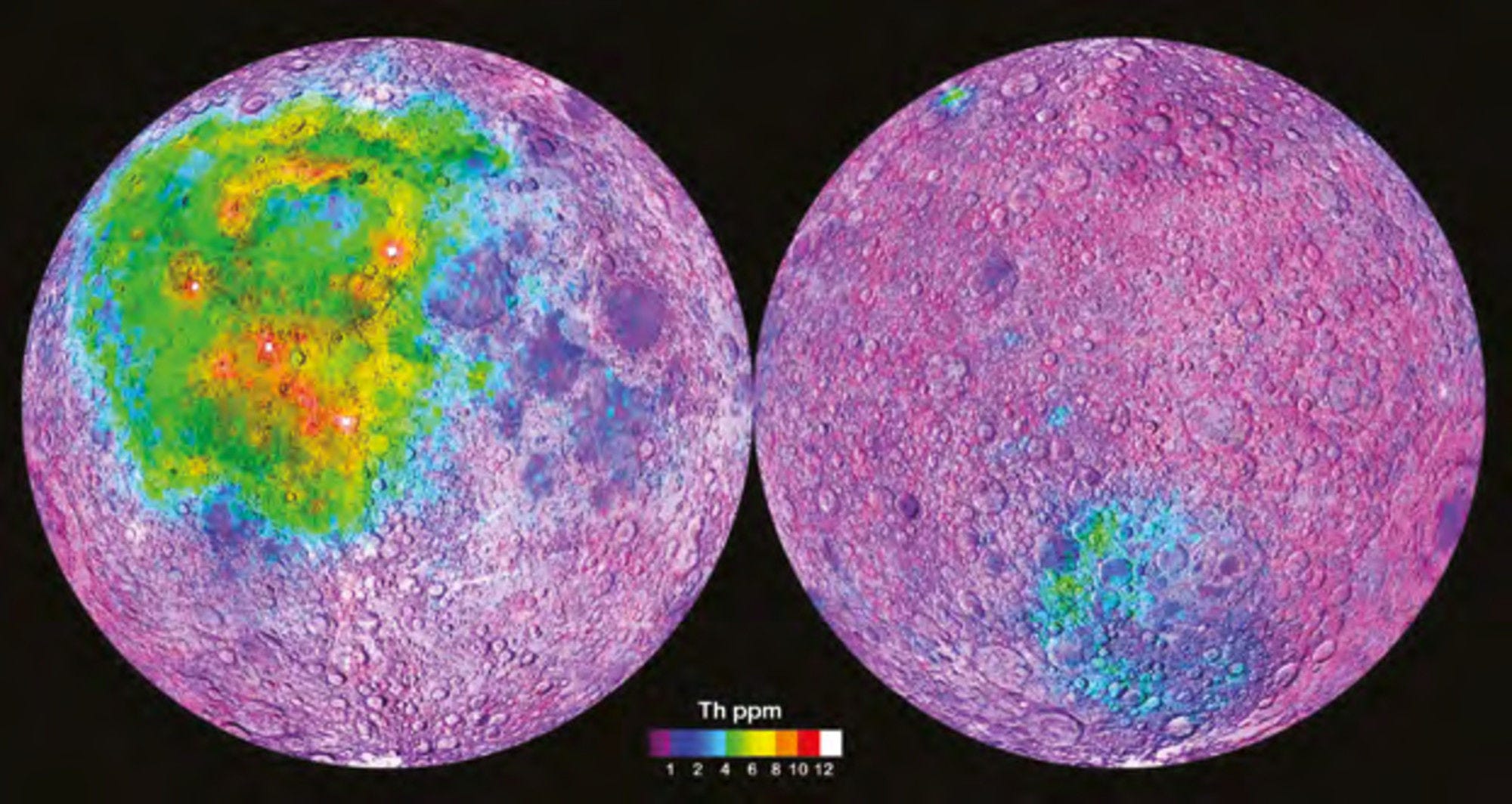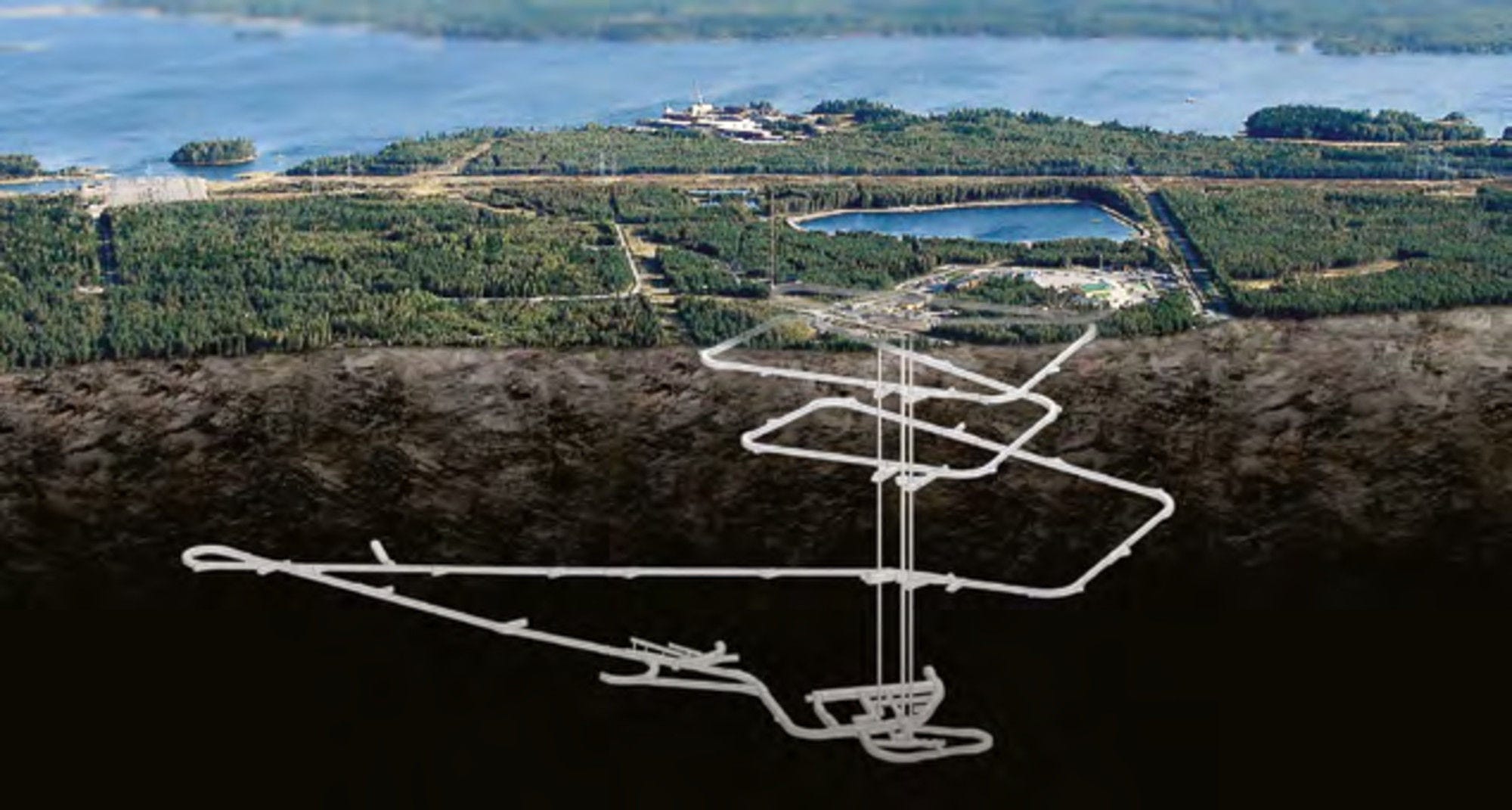Knowledge of basic nuclear physics data is essential for the modelling and safe operation of all types of nuclear facilities. The de facto international standard format, Evaluated Nuclear Data File 6 (ENDF-6) format, was designed originally for 1960s era punch-card readers. The replacement of the system of codes built off this format has been recognised as an important initiative.
The ability to use increasingly high-fidelity nuclear physics, coupled to accurate uncertainties, is crucial for advanced simulations. This in turn requires more detailed and accurate data, then requiring improvements to the data storage standards, simultaneously enabling robust Quality Assurance and transfer of knowledge to the next generation.
In 2013, the NEA Working Party on International Nuclear Data Evaluation Co-operation (WPEC) launched a project to review the requirements for an international replacement for ENDF-6. The recommendations prompted the creation of a new Expert Group on a Generalised Nuclear Data Structure (GNDS) in 2016 that has used these requirements as the framework for a new format specification. Following rigorous international review, version 1.9 was unanimously approved as the first official published format in 2020. Since then, some 149 formal change requests were made to add new features and clarifications to the specifications, which were unanimously approved for publication in this release as version 2.0.








